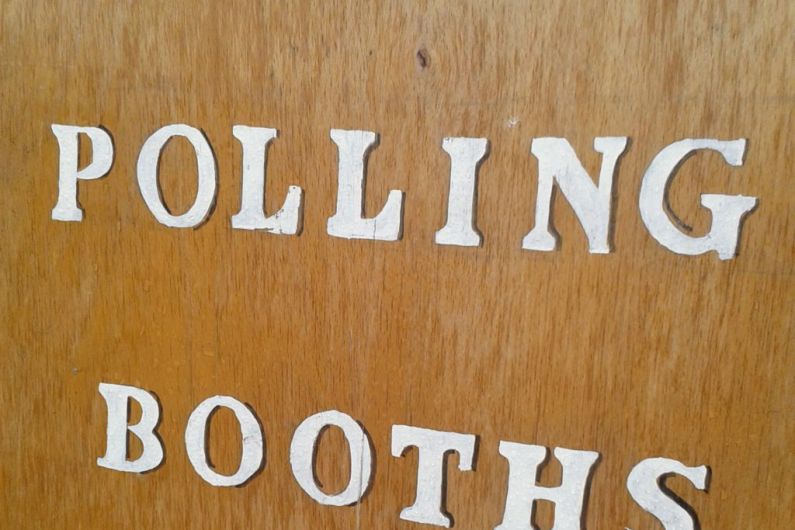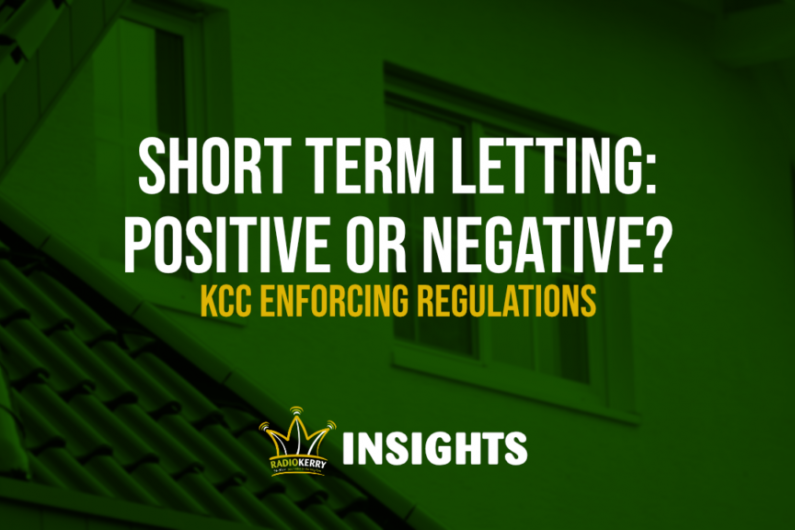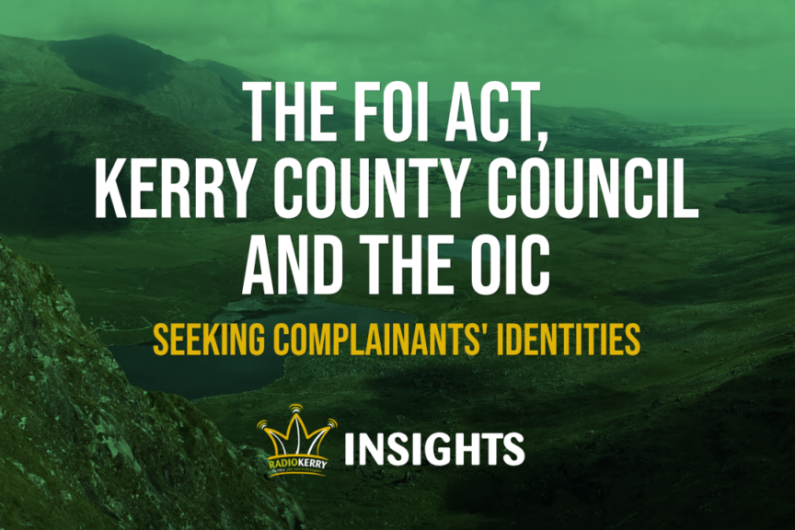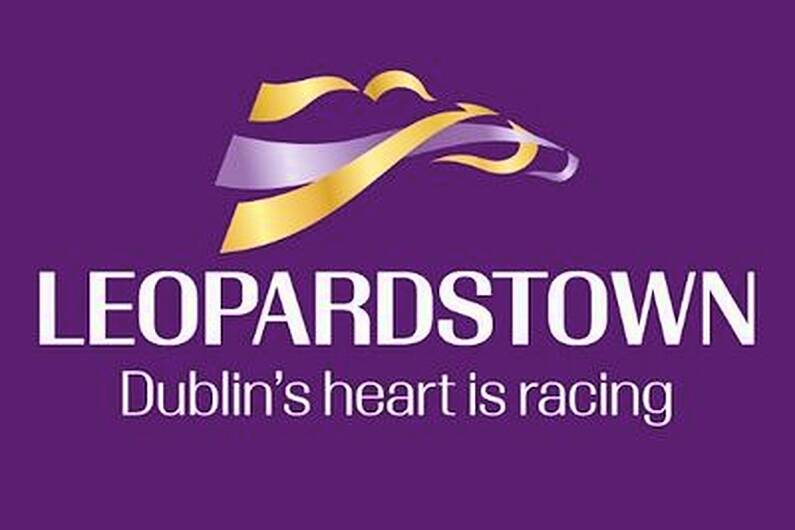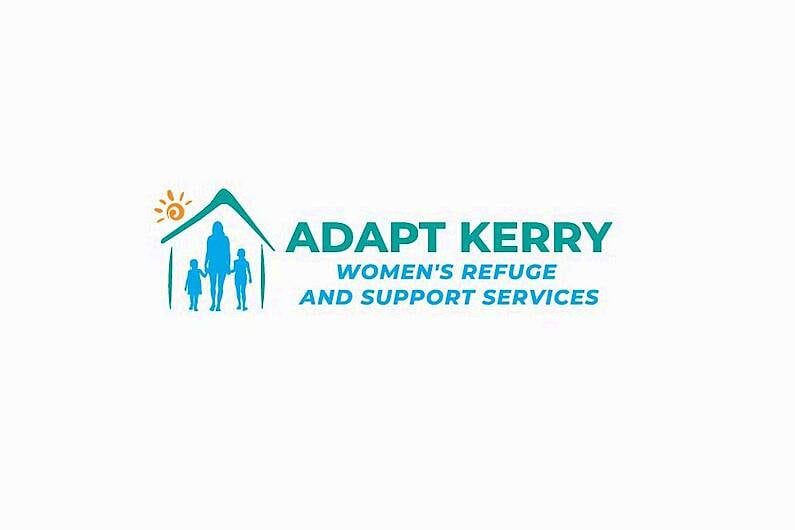With the general election coming up, you can imagine that the candidates and parties would like to know what political leanings the people of Kerry have. Through social media, you could potentially be giving candidates and political parties all they need to know about you. How are some social media users goinging out of their way to give this information to parties and candidates?
First and foremost, something we've done on the Kerry Today/Talkabout programs in recent years was in relation to the amount of data social media companies know about us. For example, in relation to ad advertising, Facebook had 764 ad words for me (Eamonn Hickson). The topics ranged from what sports I follow, what clothes brands I like, what books I’m interested in and so on.
However, with the general election in mind, social media companies may not know their users’ political leanings as well. Why would they want to know this? Think about high-profile international elections and referendums in recent years.
Only last year, Facebook agreed to pay a £500,000 fine imposed by the UK's data protection watchdog for its role in the Cambridge Analytica scandal.
The watchdog imposed the fine on Cambridge Analytica after it estimated up to one million UK citizens had been affected by a data breach in advance of the Brexit referendum.
Facebook said it "wished it had done more to investigate Cambridge Analytica" earlier.
Related: Researcher Dr Aleksandr Kogan
Those are international elections and referenda. How could something like this affect voters in Kerry and across the country?
In recent weeks, I was sent a link to a quiz on my political preferences and which candidates I’m likely most suited to in terms of voting.
The quiz is: 2020 Political Quiz - Answer the following questions to see how your political beliefs match your political parties and candidates.
(Click quiz name to see)
What questions were you asked?
- Should Ireland abolish university tuition fees?
- Should girls be allowed to burkas in Catholic schools?
- Should Irish remain compulsory subject on the national curriculum?
- Should every 18-year-old be required to provide at least one year of military service?
- Should the minimum voting age be lowered?
- Do you support the legalisation of some drugs?
- What is your stance on abortion?
Many listeners might be asking - what is the relevance of answering these questions? How would answering those questions categorise you as a potential supporter of a certain candidate?
Consider if I gave answers which were more conservative or capitalist, the information gathered might show that I’d be more susceptible to adverts promoting right-wing ideas.
Conversely, if I were answering questions that were liberal or supporting reformative ideals, then I’d be more left-wing – and ripe for advertising from left-leaning candidates and parties.
If a person were extreme right-wing, any money spent by left-leaning candidates on trying to convince them to vote for them would be money wasted.
How could the results of this quiz benefit a political party or candidate?
If ten people took this quiz, the data – including all the social media data available on a user already – could paint a picture of what party the user follows or is likely to vote for.
As an example, if a Facebook user had previously clicked like on pages associated with Fine Gael and its councillors and TDs, commented on posts and interacted with the party’s content, then it’s likely they’ll be voting for Fine Gael.
However, if the user already follows a number of parties – or none at all, it could be implied that they’re still undecided or are open to being swayed when it comes to polling day.
The data from the quiz might align with information FB and others already have on you. In cases where a user is potentially open to being swayed, the information from the quiz might suggest that they’d suit a certain candidate.
Of the ten, half might be aligned with political parties, candidates or views already. They’re relatively useless, so to speak. The remaining half could be open to being swayed. However, there’s no point targeting people with views adverse to your own. Disregard three of the remaining five here, leaving us with two open to being persuaded to vote a certain way.
It’s a lot more efficient to target your advertising at two people who are undecided as opposed to using a shotgun-approach and targeting ten people, the majority of whom might have very different ideals to certain candidates.
What form would this advertising take?
Videos, images and posters popping up on social media sites, plus news stories shown on their social media sites, such as Facebook, Instagram or Twitter feeds.
Who is providing this?
It’s a company called ISideWith.
From its website, it claims to “be the provider of the largest dataset of political opinions in the United States. Since 2012, over 50 million people worldwide have taken the 20-to-100 question survey, rating their beliefs on everything from tax policy to abortion. The quiz is intended to be instructional and be apolitical.”
According to their website, iSideWith says in Ireland 157,523 voters have used their services to find their candidate match.
The Political Party Quiz (which is the one we’re speaking about here) gives information on a person’s region, district, party affiliation, ideology, language, or historical trends.
How does ISideWith use answers in a quiz to assess one’s political views?
From its website: Your answers are matched to each candidate’s answers based on a variable percentage scale. These variables include factors such as: How often the candidate talks about the issue, is it a top priority in their platform, how similar is the "similar" stance to their official stance) and confidence factors (How long has the candidate held this stance, have they changed this stance in the past, does their voting record and history affirm this stance).
Have previous surveys been conducted?
ISideWith provided surveys and questionnaires for Irish users in recent years, notably in the referendum on whether to repeal the Eighth Amendment.
ISideWith, according to its survey, predicted 68% of voters would be pro-choice, with 32% being pro-life.
The result of that referendum was 66.4-33.6%.
Have Kerry parties or candidates used information gathered by this company in advance of the general election?
I asked the main political parties and candidates in Kerry the following:
Can you tell me if you or your party engaged/employed the services of a company which specialises in data collection and analysis of populations over the past year?
- If so, can you provide the name of the company?
- If not, does the party intend on hiring such a company prior to the general election?
It should be said that it’s not illegal or immoral to use these companies. Candidates and parties are making use of data that social media users give freely.
I emailed Fianna Fáil, Fine Gael, the Green Party, Labour, Sinn Féin and both sitting Healy-Raes.
The Green Party replied, saying they have not hired anyone.
No one else replied.
This was first broadcast on Talkabout - 30/01/2020 Eamonn Hickson - Jan 2020
